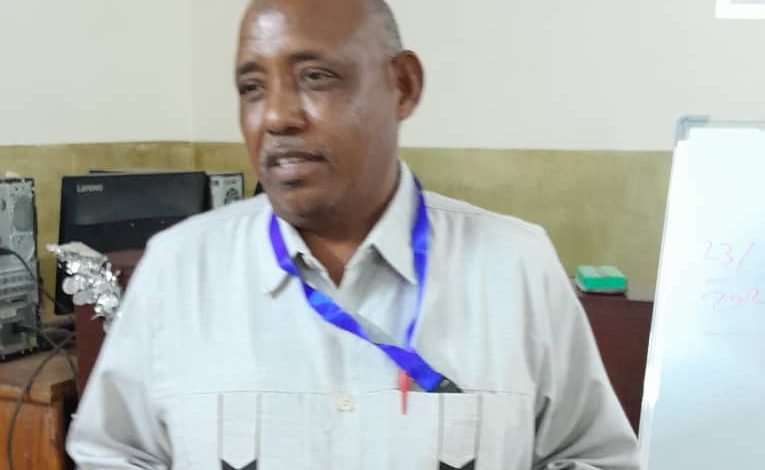White Nile is Reviewing Investment Law

Sudan Events – Nahid Oshi
White Nile State is reviewing the current investment law and presenting investment opportunities and detailed features in the state to attract investors and capital.
The state’s investment commissioner, Abdullah Ismail, pointed out the investment advantages that the state enjoys and makes it encouraging for investment, including Kenana Airport, which is being modernized. He pointed out that the White Nile is at the forefront of Sudan’s states attracting investments after the end of the war, especially since the state is considered a strategic entrance to neighboring countries and the presence of paved roads and electricity in Umm Dabaker provides
500 megawatts and storage vessels exceeding 100 thousand tons in the city of Rabak and specialized markets for crops, led by the city of Tindelti, while preparations are now being made to display the largest slaughterhouse for investment in a strategic location in the city of Kosti.
He said that this work had an impact on stimulating commercial activity in general, provided additional resources to the state government, and increased the normalization of life, while creating job opportunities, as one company employs more than 409 workers.
Revealing at the same time the unification of 10 windows into single window to simplify procedures and attract investment in light of the current circumstances, he said that the single-window step encouraged investors to move towards the White Nile, praising the political will and follow-up by the state government, which opened the state to the companies that have currently settled there.
Revealing the presence of 56 companies and 158 establishments in the state, of which 46 major companies are now operating with high efficiency, working in the fields of exporting sesame, western gum, and purified groundnuts in (Rabak, Kosti, and Tendelti), while one company exports more than 220 thousand tons of groundnuts, sesame, and Gum Arabic.
He added, “The export process did not stop at the cash crops station only, but in a short period from the beginning of the year until now, the White Nile exported 356 thousand heads of livestock to the Republic of Egypt and the Kingdom of Saudi Arabia.”



